Could peer-led harm reduction lower Australia’s festival deaths?
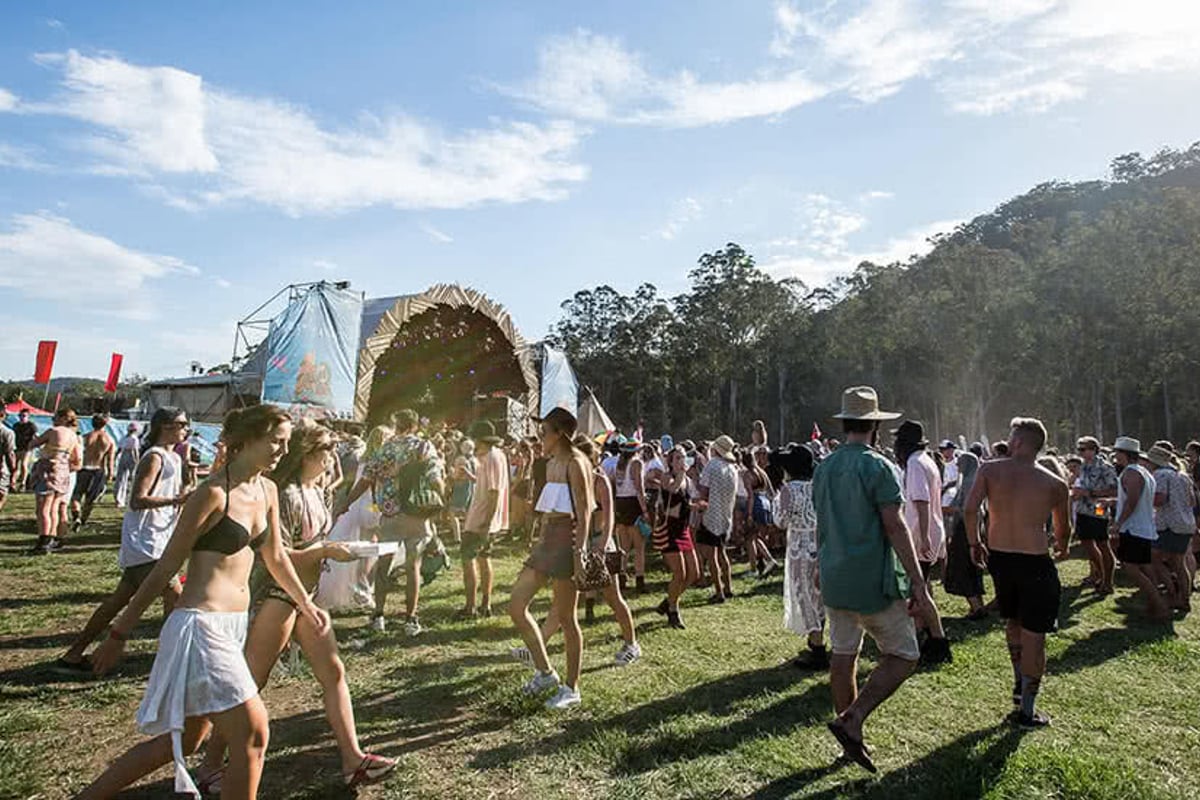
As BIGSOUND is well and truly over after another year of important conversations, and some of the most exciting music Australia has ever delivered, one discussion from last week is still on everyone’s lips.
A panel, sadly inspired by the death of 22-year-old Joshua Tam, who had an adverse reaction to MDMA at Lost Paradise and passed away in hospital, featured members of the festival industry, Tam’s mother Julie, and a Queensland Police Inspector.
Health And Safety: Music’s Long-needed Wake-up Call
The ‘Health And Safety: Music’s Long-needed Wake-up Call’ panel dove deep into the issues around drug deaths at festivals and music events, violence, sexual assault and substance dependency in a 90-minute conversation lead by moderator Stacey Piggott of Secret Service PR and Secret Sounds Group.
Piggott, who has been looking after Falls Festival for 16 years now, said NSW Health lacks in its offering of educating youths on the ramifications of taking drugs.
“Obviously a really important part of getting to a solution to this is getting more education and open conversations [happening].”
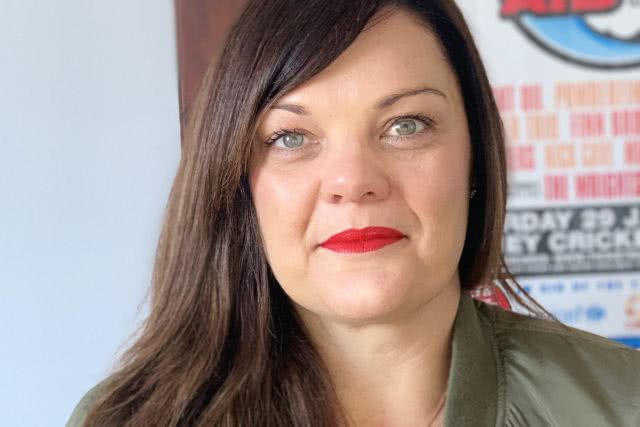
Stacey Piggott of Secret Service PR and Secret Sounds Group
Meanwhile, Julie Tam, who lost her son in December last year, said they are an open family when it comes to discussions on drugs, but that parents aren’t having important conversations with their children on a regular basis.
“I think our generation has in some ways become a little bit soft with [kids]. I grew up in an era where we had fairly strict parenting so we sort of flipped the other way and decided to go gently, but I think we’ve got to find that middle ground and we’ve got be not afraid to parent.”
Julie Tam said the problem starts with the education system at a government level
“I can’t blame everybody for everything, I take responsibility for educating my children but when they’re at school we have a captive audience. Parents use their cars for that captive audience, that’s when they can’t escape,” she laughed.
“When they’re in school at a very young age, that’s when we’ve got to get it,’ she added. “The problem I see is that the way it’s presented to them, is not the way they need to hear it.”
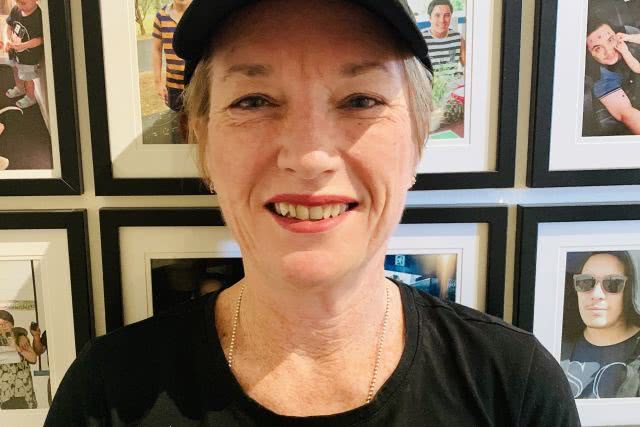
Julie Tam
Peer-led harm reduction works
Paul Abad, Director of Earth Frequency Festival in South-East Queensland, said there’s a real need to make kids feel okay about asking for help when it comes to harm reduction at festivals.
“What we’re seeing is a major disconnection between everybody who’s trained to achieve the same goal, and we’re seeing young kids afraid of getting busted. They’re seeing examples of policing at some events that make them scared. They dose differently, they act differently…”
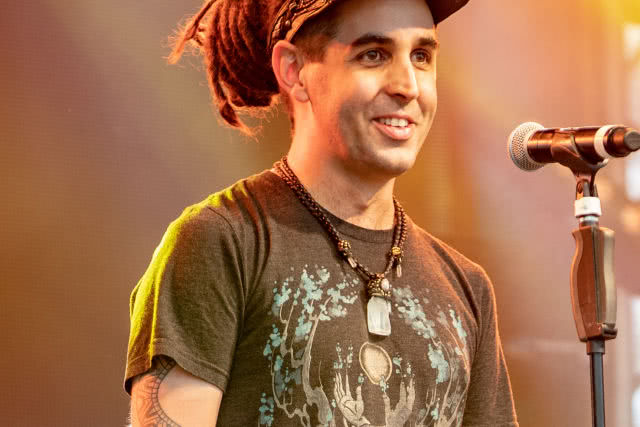
Paul Abad, Director of Earth Frequency Festival
Brooke Walters founded The ConsciousNest Harm Reduction Project in 2014 to provide festival welfare services, chill out zones and harm reduction education spaces. Walters said peer-led harm reduction is having more of an impact.
“You’re more likely to have a young person come into the space if you look familiar to them. […] People will often come up and ask the person for help and feel safe around them because that person was probably on the dancefloor with them the night before and suddenly they’re on the other side of the fence.
“The volunteers, they’re not only volunteers but they’re also qualified social workers, nurses, but they’re involved in the part scene,” Walters added. “I think it’s extremely important at the moment that the education is given to the peers, and it comes from the peers. Otherwise in my instance anyway, it doesn’t often work if you’re an outsider.”
The Government is finally listening, but only in Queensland…
Brook Dwyer, a Queensland Police Service Inspector at the Drug & Alcohol Coordination Unit, said there is an appetite for change in Queensland.
“I think there is a real shift and I think it is coming from what is reflected in our populous media, where [it’s shifting] to a real health perspective focus on recreational abuse of drugs,” Dwyer said.
“[…] I think policy change is very difficult because we have some very strong opinions that span both ends of the spectrum so it’s not easy to get everybody to agree to change. And change is very slow.”
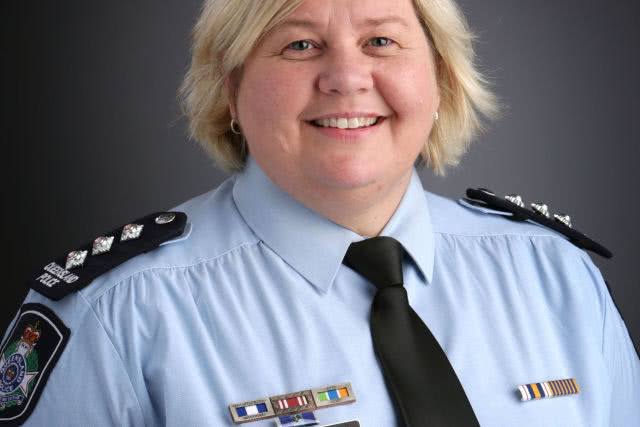
Brook Dwyer, a Queensland Police Service Inspector
Whether law-makers are now understanding the issue is a health problem in this country or not, it’s clear policy-makers need to work more collaboratively with those not tied to legislation in order to understand the best way forward.
Crucially though, as QLD Police Service’s Brook Dwyer noted, those discussions are now happening.
Brook Dwyer said the death of Joshua Tam, and the sheer amount of festival deaths in Australia over the last summer period, created a lot of conversation.
“I had a phone call on the 3rd of January from our Police Commissioner direct to my house saying, ‘Explain to me what this is about, tell me about this’. Because he was called into a meeting the next day.
“[…] We have had a very very high level meeting of Government department heads here in Queensland to discuss how we can make festivals safer. Is drug testing a strategy, the strategy? There has been a lot of conversation around that.”
If only our NSW Premier could see that her abstinence only, zero-tolerance approach to drug education is not working…
This article originally appeared on The Industry Observer, which is now part of The Music Network.






























